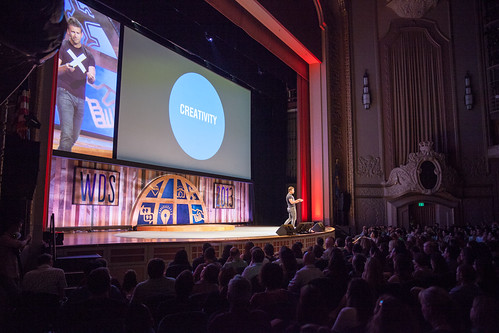
“Joy is repeatedly being reminded that you believed in the right kinds of people.” — Dharmesh Shah
In 2011, three psychologists released a study about money and happiness. The title of their report summed it up nicely: “If money doesn’t make you happy, then you probably aren’t spending it right.”
They dug in further:
“Wealthy people don’t just have better toys; they have better nutrition and better medical care, more free time and more meaningful labor—more of just about every ingredient in the recipe for a happy life. And yet, they aren’t that much happier than those who have less. If money can buy happiness, then why doesn’t it?”
And then they came to heart of their research: Money gives people opportunities. It gives people the chance to have resources and possessions and experiences that those with less cannot have. But money does not guarantee that the people with money will spend it in a way that will actually make them happy.
It’s not hard to guess what we think will make us happy: Just watch an hour of TV around Christmas-time, and see what the advertisers are selling. That fancy sweater. That new car. That dream home.
But what the psychologists found is that the happiness from those things doesn’t really last. We get excited about that new car, and then we sit in a traffic jam and forget all about it. We buy that new home, and special wood floors to match, and then we have to spend money on upkeep.
So what actually makes us happy? The psychologists point to two things in particular:
1.) Experiences: Going on trips. Spending money on an interesting new restaurant. Seeing a show. You’ll enjoy it in the short term, and even months later, you’ll think about something you saw or ate, and you’ll smile. (Think for a second about a restaurant you love or a concert you enjoyed, and you’ll understand.)
2.) Giving: Giving your time to charity. Volunteering. Any sort of helping — from mentoring to listening to a friend for a few minutes — tends to come back to you. Even giving gifts can make us happy. When we’re spending time and money on others, we’re usually happier than when we’re spending money on ourselves.
Of course, this all leads back to three simple questions: What matters to you? What do you actually care about?
And are you going to spend money on it, or not?
Photo at top via @russeyler



